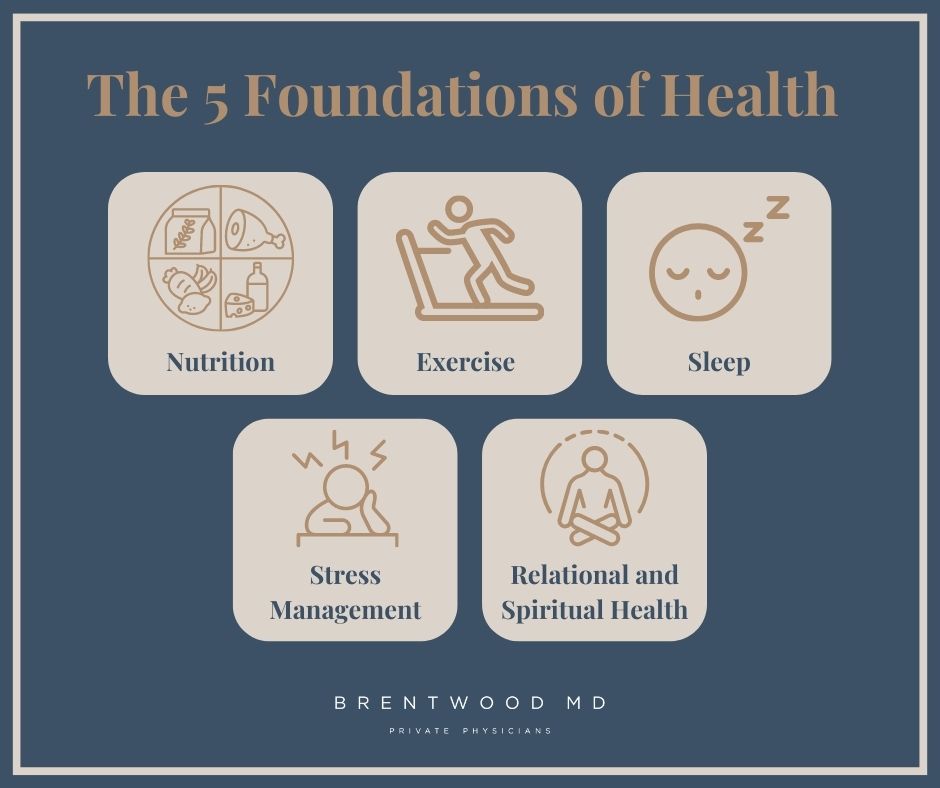Think about the last time you took a stroll down the beach.
Do you remember the warmth of the sun, the feeling of sand beneath your toes, the smell of salt in the air?
Chances are, when you think of your walk on the beach, you’re so focused on your senses that you completely forget about the walking itself. When you share that memory with someone, you’re not just explaining it — you’re helping them experience it, too.
Now let’s compare that level of awareness with how we typically experience food. If I had to guess, I’d say you normally don’t eat with that same level of presence and attention.
Our eating habits are often a reaction to our situations. As in many other areas in life, we default to easy, convenient selections when decisions need to be made. Maybe we find ourselves triggered by hunger pangs, or the clock strikes noon and we barely have enough time between meetings to grab lunch.
We choose a meal that’s convenient — like a quick stop at a drive-through. Or maybe we choose a meal we’re comfortable with — an easy fallback option that we end up making five nights a week. Maybe we eat while on a work call or while watching TV. As a result, the actual act of eating fades into the background, even though it’s the body’s primary need in that moment.
We’re literally just going through the motions of putting food in our mouth and swallowing, without thinking about the experience of eating, the selection of food, or the environment we’re in. Eating has become a passive, reactive habit rather than a proactive one.
One remedy for our typical reactionary approach to food is mindful eating, a proactive approach in which we’re more thoughtful about what we eat, when we eat it, and what the food actually tastes like. Though it’s a simple change, the benefits of mindful eating are enormous and can have a far-reaching positive impact on your health.
What Is Mindful Eating?
Mindful eating is an approach in which the act of eating is the object of our intention. It means taking an intentional pause that’s designed to invite us into a more meaningful connection with our food choices.
But why is mindful eating important?
Let’s take a step back. When I’m speaking with a patient, I go back and forth with them on strengthening their five foundations of health. Those are:
- Nutrition
- Exercise
- Sleep
- Stress management
- Relational and spiritual health
When you look at your relationship with food as the nutritional foundation of your overall health, your approach to one of the most routine decisions you make several times a day changes.

Mindful eating is a way to actively and repetitively define your relationship with food. That way, regardless of your circumstance or location — whether you’re eating in your car or eating a holiday meal at home — you can reproduce this mindfulness and reap the benefits.
But what are the benefits of mindful eating?
Benefits of Mindful Eating
Once you implement mindful eating in your life, eating becomes a richer, more enjoyable experience. There’s nothing mundane about enjoying flavors, scents, and experiences on a deeper level because you’re taking an intentional moment to pause and remember those details.
Mindful eating also allows you more opportunities to reassess and reinforce your overarching health goals. Each meal becomes a decision of how committed you are to their health — and it’s a decision you’re going to encounter multiple times a day, every day of your life.
Every meal is a chance to build positive momentum with your decision making, and these daily choices add up over time. I often frame this concept in two ways:
- Good decisions stack on top of each other at an increasingly efficient rate.
- Even if you “mess up,” you have a chance to start fresh with your next decision. If you aren’t mindful while eating breakfast, you still have multiple chances that day to make changes that point you in the right direction.
How Does Mindful Eating Influence Your Health Goals?
Health goals are very individualized, but there are some that resonate with most people.
Weight Management
I hate to focus too much on weight loss because I feel like that takes people to a negative mental space. I like to reframe the discussion as weight management, whether the goal is to lose, maintain, or gain weight. If weight management is your goal, you’ll benefit greatly from mindful eating.
If you’re eating out, taking a pause before you order may help you choose different items or portion sizes from the menu. I also recommend taking five deep breaths when you’re served food. This gives you time to consider what’s important to you at this meal. Usually, by taking those extra seconds of thoughtfulness, you can predetermine the amount of food you should to eat to meet your goals.
How You Feel After Eating Food
Another area of mindful eating is recognizing your food’s impact after you’ve finished eating it. I don’t know about you, but I’ve found that when I eat foods higher in carbohydrates, I feel more sluggish in the afternoon. And when I eat salty foods, I feel heavy and swollen from fluid retention in the evening.
One of the benefits of mindful eating is the opportunity to recall and relate to those negative experiences before eating. Because it doesn’t feel good, and because I want to remove those experiences from my future, I can make deliberate decisions to avoid those foods.
How Do You Practice Mindful Eating?
Mindful eating truly comes down to taking a pause before, during, and after eating. It’s reserving a moment to reflect on the importance of your nutrition and your appreciation for the food that’s in front of you.
In that initial pause, you might identify certain triggers for why you’re eating in the first place. Is it stress? Or boredom? By identifying these triggers, you turn that unnatural, counterintuitive pause into an opportunity to retrain your behavior and find healthier alternatives.
Just like any new habit, consistent mindful eating requires training. Your first step is testing the behavior — but you have to repeat it to make it stick. This also means committing to consistency, even if you fail to remember mindful eating at every meal on every day.
If you haven’t tried mindful eating yet today, here’s some great news: you’re probably only a few hours away from your next meal. Test it out, and start enjoying the benefits of mindful eating in your life.

Dr. Wright joined Brentwood MD in 2022 as the model allows him to spend more time connecting with patients and build a foundation of exceptional care. He is a Nashville native and completed his family medicine residency at the University of Tennessee Health Science Center, where he also served as Chief Resident. He believes that your health deserves a prominent position on your priority list, and would be honored to serve you and your family.







